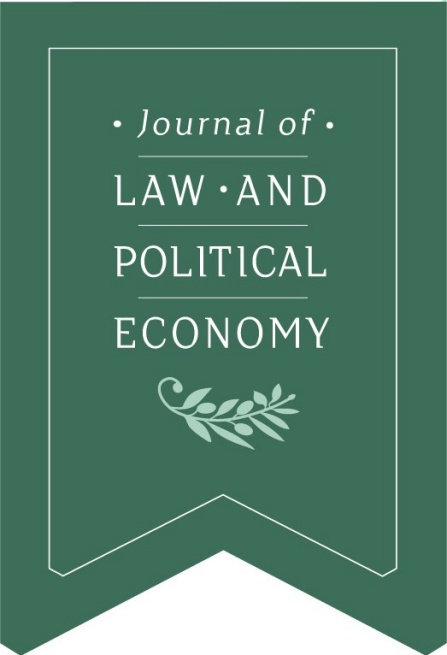The Biden Administration's recent foray into industrial policy relies heavily on voluntary inducements to push firms to invest in renewable energy technology and domestic manufacturing. Some observers argue that this approach, commonly known as "derisking," will yield paltry results: firms will pursue the same priorities they would have absent the legislation, just with a better financial return. Yet subsidies do not only alleviate risk; they also impose a new risk of falling behind competitors, and so mold the landscape of profitability into a disciplinary force itself.
The ongoing debate about "permitting reform" raises fundamental questions of law, political economy, and democracy. Seven friends of the Blog reflect on the limits of the current discourse and new horizons for reform.
Like all modern organizations, modern states are subject to a “data imperative”: a mandate to mine data and to decide what to manage based on what can be measured. In service of data-hungry machine learning techniques, the state (and its contractors) find themselves compelled not only to seek and demand new kinds of data, but also to mine it in a somewhat agnostic fashion to find the relations that stick. It is no longer necessary to flatten society to make it legible (as high modernism required); instead, ubiquitous data capture means that categories emerge inductively from regularities observed in the data.
People claim to be worried about stock buybacks. In fact, the buybacks are a stand-in for what we can all see: business in this country works for wealthy shareholders, not workers, customers, or communities.
This post turns our attention to The Meritocracy Trap's argument that industrial policy contributed to the technological innovations that over-reward elite workers at the expense of the poor and working class, and that industrial policy will be essential to build a fairer economy.



